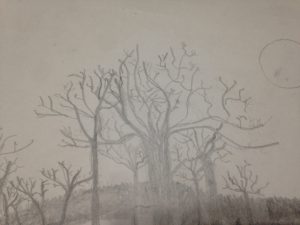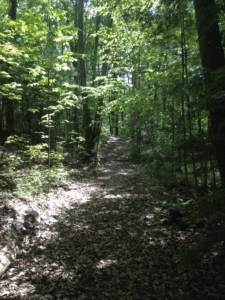In the last year of his life, when my Dad felt like making conversation, he would ask, “So, what have you been up to?” After I answered, we would sit quietly for a few more minutes and then he would ask again, “So, what have you been up to?” He never remembered asking and remained as genuinely curious and interested on the 5th asking as he was on the first. Each asking became an opportunity for me to share a bit more deeply about my life. Though he didn’t remember my responses after a few seconds, he listened to each one with real interest and attention. I offered new responses each time he asked. “So, What have you been up to?“
It was an invitation to peel away the layers of my life like an onion, sharing myself ever more deeply, while pulling Dad in closer.

Awarenesses and insight that emerged in this space of disclosure and deep listening took me by surprise at first. Quickly though, I settled in to appreciate and maximize the potential they held. These conversations were opportunities for me to explore unanswered questions, problem solve, and think outside of the box. My Dad was offering me a gift of service and presence that we discuss and practice regularly in ChIME’s interfaith ministry program.
Listening another person into his or her truth is not only a skill to be practiced, but also a gift to both giver and receiver. It is a gift to be an attentive listener, holding a sacred space for the speaker’s goodness, capacity, and intelligence. It is a gift to be listened to with love, acceptance, curiosity and confidence. We are all capable of offering good attention and listening, just as we are all capable of working to heal our deepest wounds.
In another time and place, I practiced Re-evaluation Counseling. It operates on the same principles, specifically advocating that we are all good, intelligent, and zestful at our core. We just need the support of a good listener, or a few good listeners, to unpack and live into our natural gifts. In Re-evaluation Counseling theory, the human potential to heal itself in this way extends beyond individuals and into communities, nations, and to the earth. This amounts to liberation from human oppressions accumulated over lifetimes and generations worldwide.
Deep listening and care-full attention are not gifts or skills reserved for chaplains or counselors. They can enrich and enliven all of our relationships. All that is required is that we listen deeply, paying close attention to one another. We can exchange these gifts freely – all year-round. No need to wrap them up and leave them in the closet until next Christmas or birthday. The gift of presence expands and multiplies with each giving and receiving. You’ve already taken a turn as listener by reading this post (ie. listening to me). Thank you.
Now it is your turn to share. I am ready to listen. Leave a comment below or send me an email. Better yet, ask someone close to you to give you 10 minutes of their undivided attention. After you have settled into being the center of their attention, imagine that they have asked, “So, what have you been up to?”
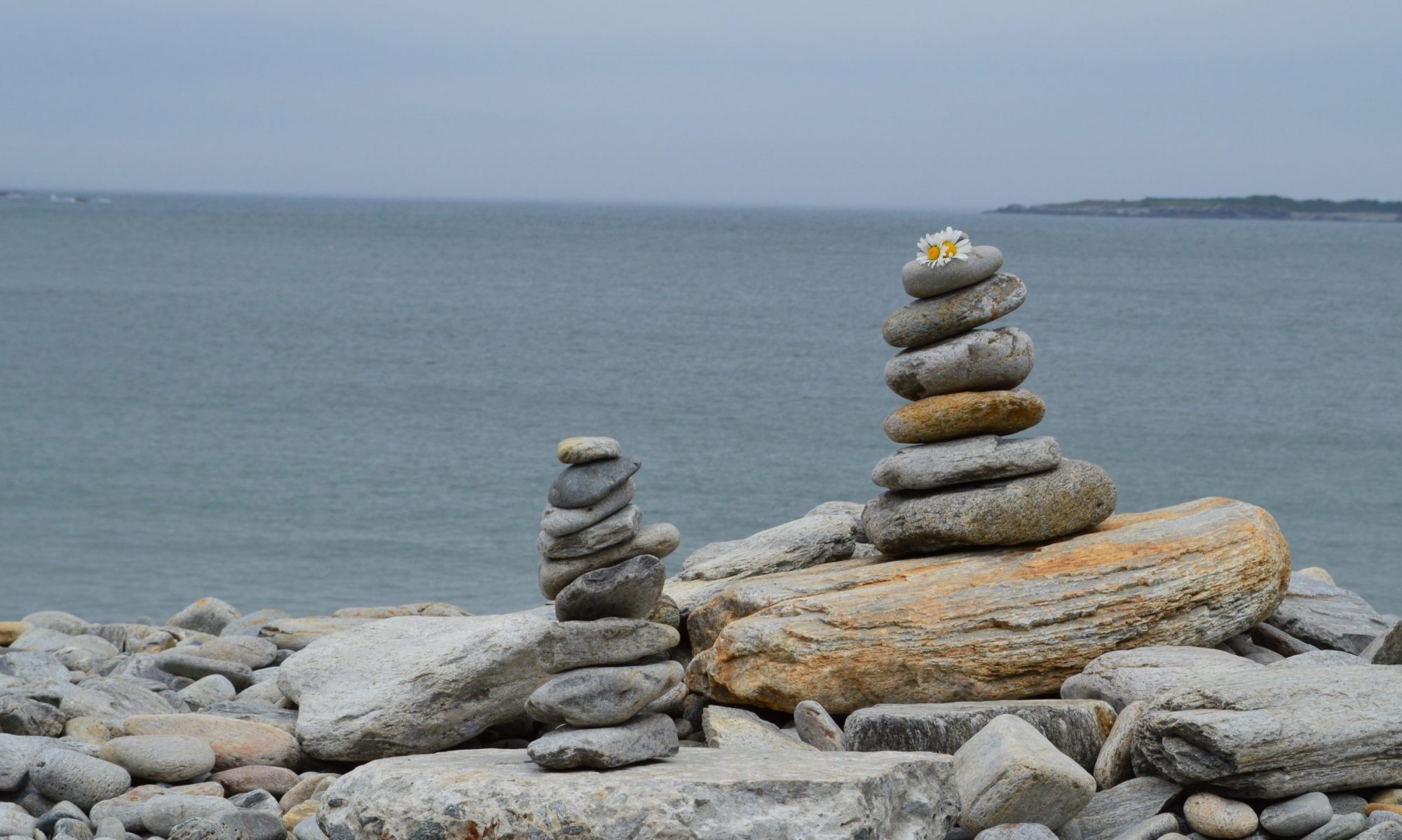
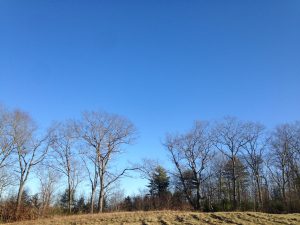
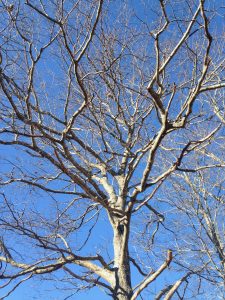
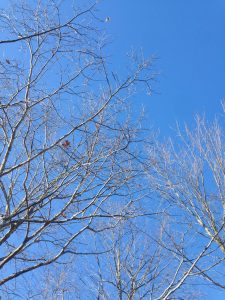

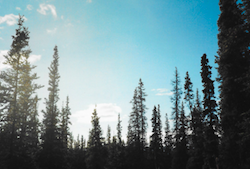
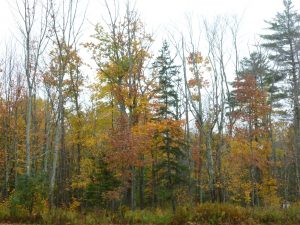 It has been windy. Most of the leaves have now fallen from the trees and remnants of the yellow and red flames of autumn are turning brown in the hollow spaces alongside the roads and fields. Ditches and culverts have filled with their excess and the rainwater must find new paths through and around the piles of decaying vegetation. Taking a walk early one afternoon, I felt the shift in the seasons settle into my bones and suggest a pause to my busy mind. The fecundity and fullness of spring and summer have given way to the barren openness of late fall. This is the time for hibernating, resting, waiting and attending.
It has been windy. Most of the leaves have now fallen from the trees and remnants of the yellow and red flames of autumn are turning brown in the hollow spaces alongside the roads and fields. Ditches and culverts have filled with their excess and the rainwater must find new paths through and around the piles of decaying vegetation. Taking a walk early one afternoon, I felt the shift in the seasons settle into my bones and suggest a pause to my busy mind. The fecundity and fullness of spring and summer have given way to the barren openness of late fall. This is the time for hibernating, resting, waiting and attending.